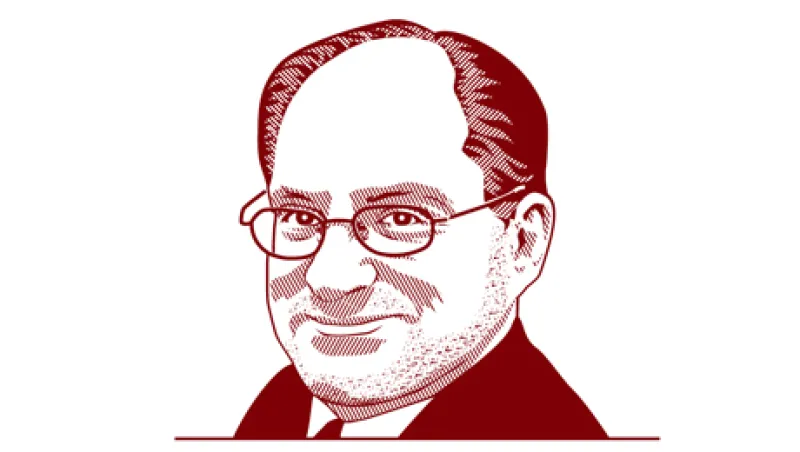Whether or not you sympathize with their plight, financial industry leaders have understandable reasons to be unhappy with the regulatory cards they have been dealt. They know the intricacies of their businesses and have a pretty good idea of what needs fixing and how. To them, legislation like the U.S.’s Dodd-Frank Wall Street Reform and Consumer Protection Act is too unwieldy and swings too wildly to hit the right targets with appropriate precision.
The international regulatory coordination mandated by the Group of 20 heads of state after the 2008 crash continues to be a cat-herding exercise, playing into the hands of bankers who complain they cannot optimally do their jobs — that is, churn out loans in sufficient volumes to stimulate the economy — under the lingering cloud of uncertainty.
And where progress in coordination has been most visible, in bank capital standards, bankers’ voices have become downright shrill. The Institute of International Finance warned in early September that Basel III’s tougher capital requirements would dampen economic output and prevent the creation of 7.5 million jobs. Within days JPMorgan Chase & Co. CEO Jamie Dimon turned his already familiar post hoc outspokenness on the reform agenda up a notch, calling the Basel regime “anti-American” and suggesting the U.S. consider canceling its subscription.
Dimon and executives of like mind have every right to bristle or criticize. But do they not run the risk of protesting too much? Are they not inviting the question, at this very late stage, with new laws literally on the books and the momentum of Basel III practically unstoppable: to what good end?
Legal tactics and objectives aside, the industry is not repairing its battered public image. Bankers come across as “wanting to do business as usual,” observes Barbara Ridpath, chief executive of the International Centre for Financial Regulation, a London-based research and education organization. “But voters are still angry.”
Even if bankers don’t want to go so far as to think they are working for the voters, they might at least want to reconsider their relationship with the public interest and whether there might be more-productive channels for their argumentative energies.
The backlash against reform has turned into an unbecoming spectacle of supercharged lobbying, no longer confined to the legislative arena, where the practice is traditionally centered. The financial industry was not content with its treatment by Congress in the U.S. Nor could it banish the phrase “ring fencing” from deliberations in the U.K., where officials were determined to adapt the so-called Volcker rule to separate core banking from riskier trading activities. So the lobbying continued, aimed at influencing the rule writers and implementers.
“You have to give banks some credit,” derivatives expert Satyajit Das said in Litman Gregory Asset Management’s September No-Load Fund Analyst newsletter. They strong-armed regulators “in the garb of educating them.” The result, said Das, was to “impede sensible regulations.”
The industry, if not able to claim outright victory, got off far easier than it might otherwise have. The Volcker rule was diluted in Dodd-Frank, and U.S. firms have generally come to terms with it. The U.K.’s Independent Commission on Banking, led by John Vickers, granted banks considerable flexibility in determining how to ring fence. Bob Diamond, CEO of Barclays, called the Vickers report “a welcome step towards the greater clarity” that banks had been seeking.
But in the U.S. post hoc lobbying continues fast and furious in hopes of influencing the derivatives policies of the Commodity Futures Trading Commission and Securities and Exchange Commission.
Leading that charge is the International Swaps and Derivatives Association, which has been pleading with the agencies — quite reasonably — to incorporate cost-benefit analyses into their Dodd-Frank rulemaking. At a recent ISDA conference in New York, the group’s CEO, Conrad Voldstad, conceded that “the infrastructure for the reforms is well under way, and it may well be impossible to adopt alternatives.” Nonetheless, he added, “we believe participants in markets should understand that alternatives are available.” Also reasonable enough.
But one of the people ISDA wants to convince, CFTC commissioner Bart Chilton, has a different take.
Dodd-Frank presents a “tremendous opportunity to get it right, to meet the mandate of the law and foster financial innovation,” Chilton says. While some devote their energies to attacking or altering derivatives clearing requirements, he sees others doing what financial innovators do: “anticipating, making bets, looking for advantage.”
Jeffrey Kutler is editor-in-chief of Risk Professional magazine, published by the Global Association of Risk Professionals.






